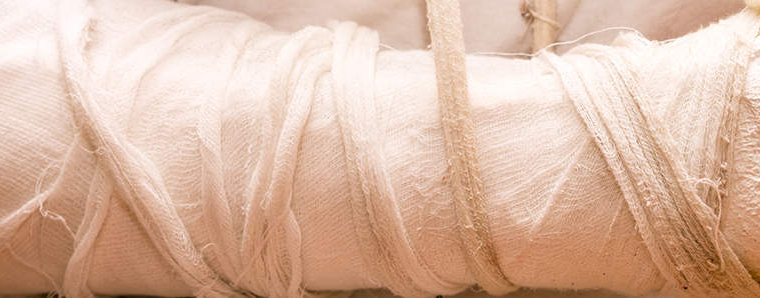Sudden cardiac arrest is a leading cause of death in this country, killing more 325,000 people every year. It is most commonly caused by a ventricular fibrillation, an error in the body’s electrical signaling system that causes the heart to stop beating properly.
When a person falls into sudden cardiac arrest, his or her brain stops receiving oxygenated blood, putting the individual at serious risk of losing brain function should he or she survive the heart attack.
The American Heart Association advises citizens to learn how to perform hands-only cardiopulmonary resuscitation (CPR) to increase a sudden cardiac arrest victim’s chances of survival.
Performing CPR can help you keep a person alive long enough for medical help to arrive while reducing the risk of brain damage. It is important that everyone knows how to recognize the signs of sudden cardiac arrest and how to properly respond to this event.

